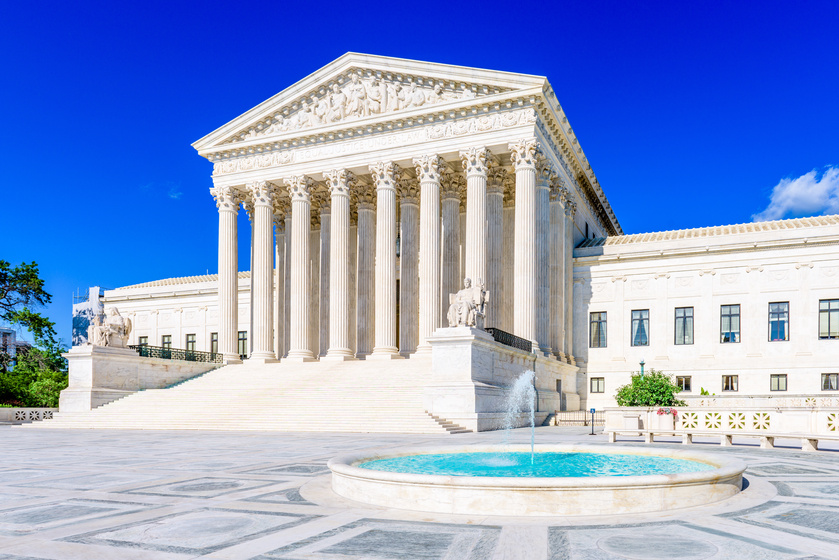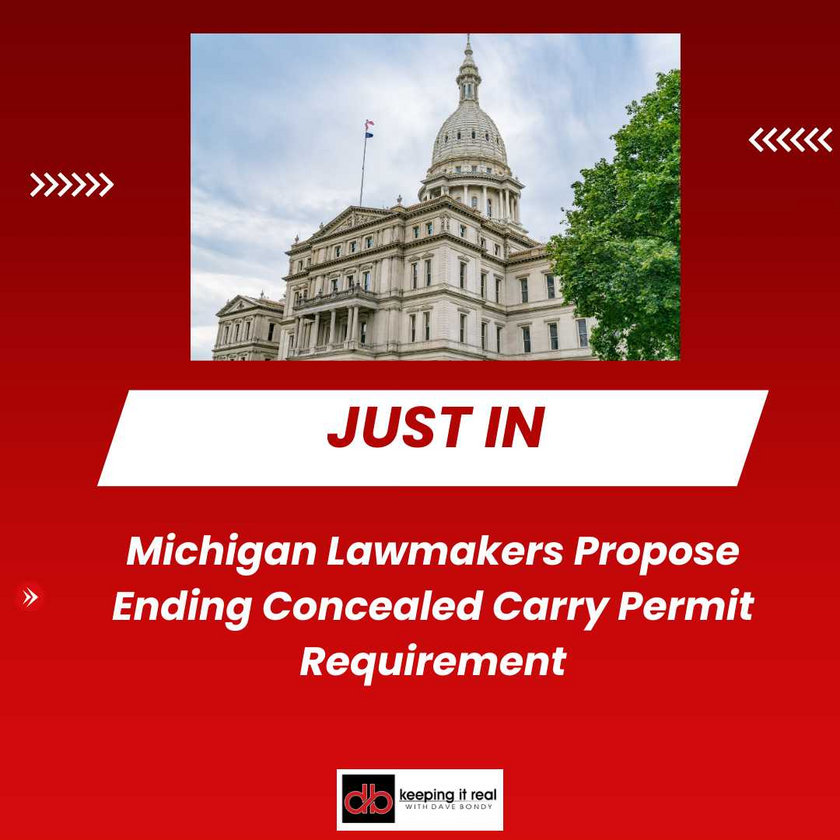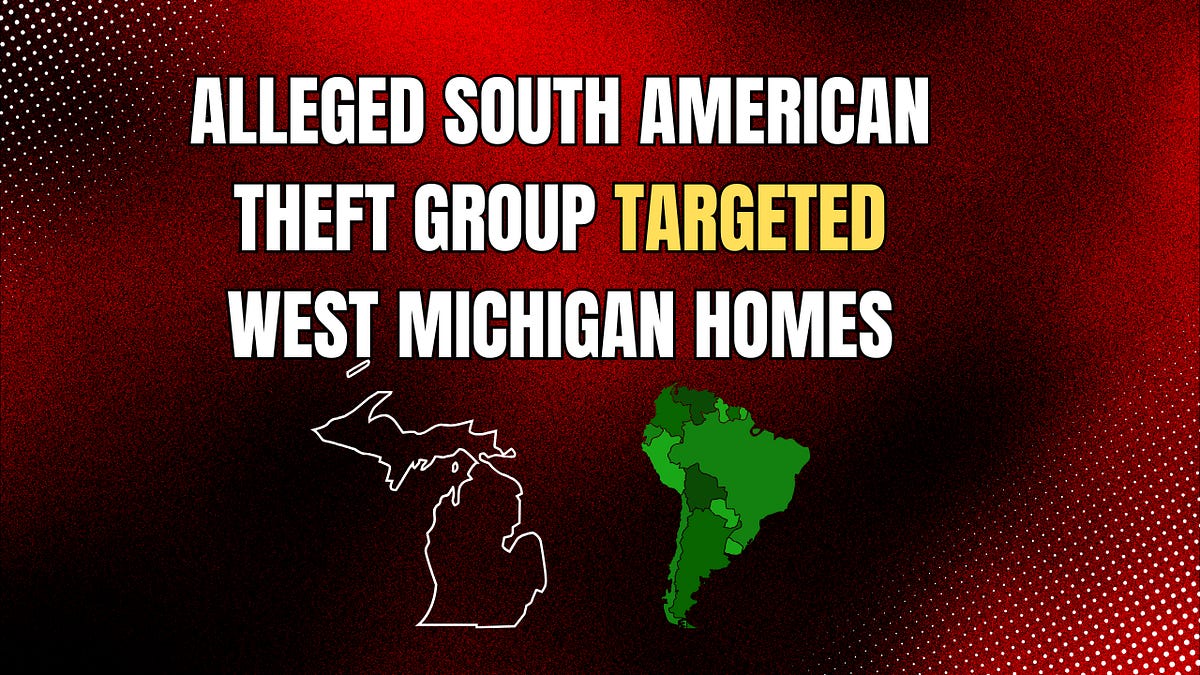The Supreme Court made some major rulings Friday. I break down all of them below:
Supreme Court Reverses Jan. 6 Riot Conviction in Key Obstruction Case:
In a significant legal decision on Friday, the Supreme Court ruled in favor of Joseph Fischer, a participant in the January 6, 2021, Capitol riot, overturning his federal obstruction conviction. The ruling reverses a lower court decision and remands the case to the D.C. Circuit Court of Appeals for reassessment in light of the Supreme Court's findings.
Fischer was among over 300 individuals charged by the Justice Department for "obstruction of an official proceeding" related to the Capitol riot. His legal team contended that the statute had traditionally been applied only to evidence-tampering cases and should not apply to his actions.
The Justice Department maintained that Fischer’s attempt to halt the certification of the 2020 presidential election by Congress warranted the obstruction charge. The statute criminalizes behavior that "obstructs, influences, or impedes any official proceeding" or attempts to do so, carrying a potential penalty of up to 20 years in prison.
During oral arguments in April, Solicitor General Elizabeth Prelogar faced rigorous questioning from the justices. Justice Neil Gorsuch raised concerns about the broader implications of the government's argument, questioning whether actions like heckling at the State of the Union address or pulling a fire alarm, as in the recent incident involving Rep. Jaamal Bowman (D-N.Y.), could be construed as obstruction.
Prelogar argued that such actions might not meet the statute's requirements of "meaningful interference" and "corrupt intent." Chief Justice John Roberts also challenged Prelogar regarding a 2019 opinion from the DOJ’s Office of Legal Counsel, which suggested a narrower interpretation of the obstruction statute, conflicting with the DOJ’s stance in Fischer's case. Prelogar noted that the opinion was never formally adopted and was unclear on the DOJ’s process for officially accepting such papers.
The Supreme Court's decision now tasks the D.C. Circuit Court of Appeals with re-evaluating Fischer's case with these considerations in mind, potentially impacting the broader legal landscape for other Jan. 6 prosecutions.
Supreme Court Allows Fines for Homeless Sleeping in Public Spaces
WASHINGTON – In a landmark decision on Friday, the Supreme Court ruled that municipalities can fine homeless individuals for sleeping in public spaces, overturning a lower court's decision that such enforcement constitutes cruel and unusual punishment when shelter is unavailable.
The 6-3 ruling is the most significant on this issue in decades. It comes at a time when record numbers of Americans are experiencing homelessness, and leaders from both parties have voiced concerns that a 2018 lower court ruling limited their ability to address homeless encampments impacting health and public safety.
"The Court cannot say that the punishments Grants Pass imposes here qualify as cruel and unusual," wrote Justice Neil Gorsuch for the majority, referring to the small Oregon city at the center of the case.
Supreme Court Overturns Landmark Decision Limiting Federal Regulatory Power:
WASHINGTON – In a historic decision on Friday, the Supreme Court overturned a 40-year-old ruling that granted federal agencies broad regulatory authority, stipulating that agencies cannot issue regulations unless explicitly authorized by Congress.
The court's decision, split along ideological lines, was written by Chief Justice John Roberts for the conservative majority. Justices Elena Kagan, Sonia Sotomayor, and Ketanji Brown Jackson dissented, with Kagan reading portions of her dissent from the bench.
The ruling is a major victory for the conservative legal movement, which has long sought to dismantle the 1984 Chevron v. National Resources Defense Council decision. The Chevron doctrine required courts to defer to federal agencies' reasonable interpretations of laws passed by Congress. Critics argued this gave unelected bureaucrats excessive power over regulations impacting key aspects of American life, including the workplace, the environment, and healthcare.
"Chevron is overruled. Courts must exercise their independent judgment in deciding whether an agency has acted within its statutory authority, as the [Administrative Procedure Act] requires," Chief Justice Roberts wrote. He criticized the previous ruling as a "judicial invention that required judges to disregard their statutory duties."
The decision in the pair of related cases reflects growing concerns among conservative scholars and some justices that courts were neglecting their responsibility to interpret the law by deferring too readily to agency interpretations. This ruling marks a significant shift in the balance of power between federal agencies and the judiciary, emphasizing stricter oversight of agency actions by the courts.






















